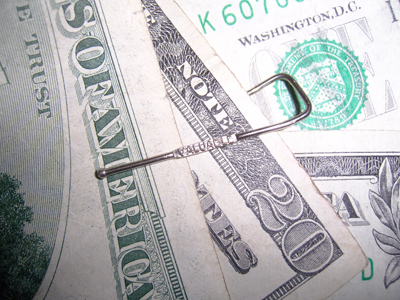All Nonfiction
- Bullying
- Books
- Academic
- Author Interviews
- Celebrity interviews
- College Articles
- College Essays
- Educator of the Year
- Heroes
- Interviews
- Memoir
- Personal Experience
- Sports
- Travel & Culture
All Opinions
- Bullying
- Current Events / Politics
- Discrimination
- Drugs / Alcohol / Smoking
- Entertainment / Celebrities
- Environment
- Love / Relationships
- Movies / Music / TV
- Pop Culture / Trends
- School / College
- Social Issues / Civics
- Spirituality / Religion
- Sports / Hobbies
All Hot Topics
- Bullying
- Community Service
- Environment
- Health
- Letters to the Editor
- Pride & Prejudice
- What Matters
- Back
Summer Guide
- Program Links
- Program Reviews
- Back
College Guide
- College Links
- College Reviews
- College Essays
- College Articles
- Back
Money Can't Buy Happiness
Latest phone? Check. Designer clothes? Check. Branded shoes? Check.
And there’s probably more to that list that we teenagers want these days.
Defined as a value system that is preoccupied with possessions and the social image projected, materialism has proved to be disconnecting the relationship between the willingness to do work and pay for things we want. In our eyes, a perfect lifestyle is based on how much stuff we have. Social and economic status has in fact become one of the most important values to us in the 21st century.
We have been caught up in materialism and are constantly exposed to advertisements promoting luxurious lifestyles. The major target markets of advertising companies are teenagers and young adults, the ones who can be easily influenced to become obsessed with owning more and more things. A recent study proved that 74% of us say we would be happier if we could buy more things for ourselves.
Materialism entices people into comparison with others. On social media, we are always boasting about our new stationery, shoes or whatever is the current trend, and those who don’t have the same things can feel anxious or depressed. The urge to buy things can be hard to avoid, major factors of influence being peer pressure and the ever-present commercials targeted towards us . A teenager’s self-worth is driven by their possessions – creating a financial burden and insecurity at a young age. We shouldn’t believe that ‘we are what we possess.’
Materialism has grown to become more prevalent in our lives. Social media is a major contributor to teenagers’ materialistic lifestyles today. Materialism and social media are both stimulators of isolation, and in turn, isolation stimulates materialism and social media. In the 21st century, technological growth and advancement has led to a race for the latest gadgets - the need for us to be noticed and acknowledged by our peers feeding materialism.
Materialism can have severe impacts on the mental and social wellbeing of teenagers. Materialism can sometimes deprive us of our self-confidence, leading to an unfulfilled and unsatisfactory life. In our materialistic lifestyles, the source of happiness is constantly changing from one object to another and doesn’t always last long.
It is important to remember that possessions are not the most important things in life. Money is not the defining factor of someone’s personality and no one should be judged based on their financial status. In a materialistic world, it is easy to forget that our possessions only provide temporary satisfaction and do not give us happiness. Values which hold the most importance are not materialism and greed but appreciation and gratitude for what one has.
Materialism is a value which gives everyone a status when compared to those around them. For teenagers, materialism is seen as a way to be noticed and acknowledged by their peers. Ways in which the materialism trap can be avoided include watching less TV, establishing goals and challenges for oneself and modelling simplicity. After all, money can’t buy happiness.

Similar Articles
JOIN THE DISCUSSION
This article has 0 comments.
